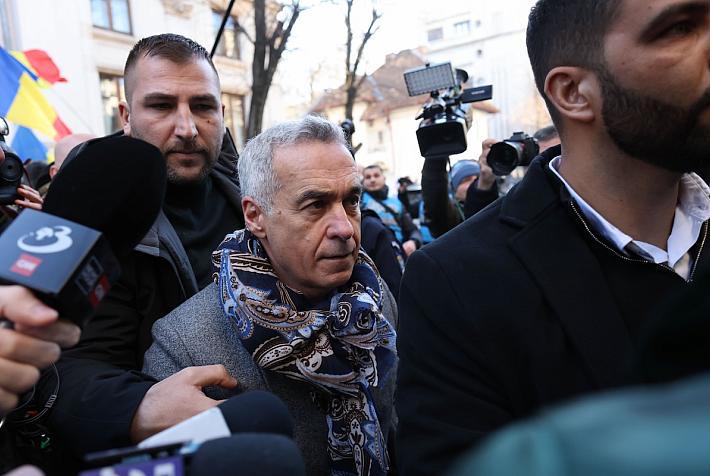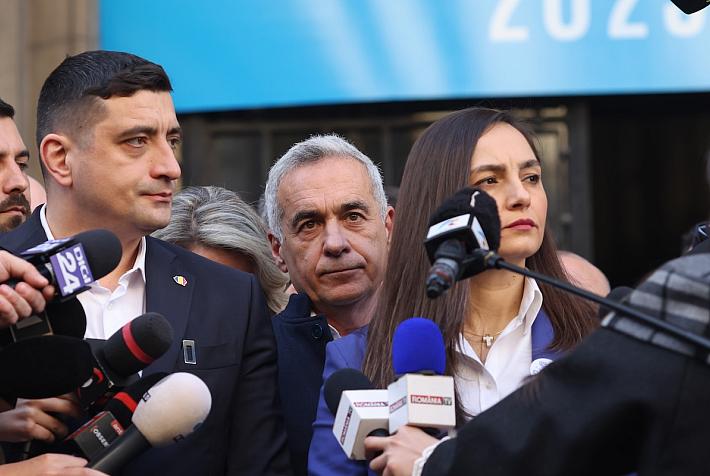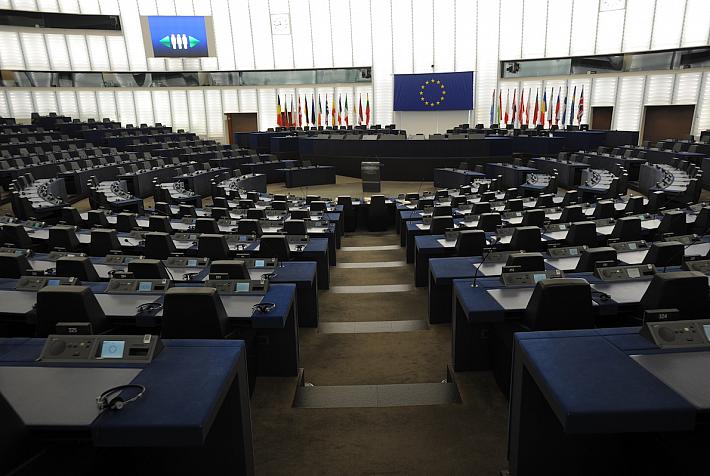Templeton: Romania’s Sovereign Fund will do more harm than good if it lacks corporate governance

Franklin Templeton, the manager of local investment fund Fondul Proprietatea, is concerned that Romania’s Sovereign Fund for Development and Investments, which would get to own and manage stakes in many important state-owned companies, will lack corporate governance principles and transparency rules. This may lead to potentially corrupt practices and abusive decisions resulting from political interference.
“Setting up a Sovereign Fund for Development and Investments is not necessarily a bad idea… However, if founded on a total disregard of corporate governance and transparency rules, this instrument will surely do much more harm than good,” said Johan Meyer, CEO of Franklin Templeton Investments Limited and Portfolio Manager of Fondul Proprietatea.
The Finance Ministry published on September 29 the draft emergency ordinance that sets up the framework for the functioning of the Sovereign Fund. Fondul Proprietatea’s manager is mainly concerned with the possibility of portfolio companies in such a fund to be exempted from the corporate governance principles, meaning that they will no longer have the obligation to select a professional management and be transparent towards the general public, minority shareholders and Finance Ministry.
“It is of paramount importance to select professional managers in a transparent manner and to hold them accountable for the entire duration of their mandate. We have seen many examples of managers and administrators, selected arbitrarily and without merit, managing SOEs into insolvency and to the verge of bankruptcy,” Meyer said.
Fondul Proprietatea’s manager is also concerned that these SOEs will cease to observe the rights of the minority shareholders. The fund itself owns minority stakes in some of these companies, such as energy producer Hidroelectrica. Moreover, the draft bill doesn’t provide any watchdog for this fund, that would safeguard against arbitrary decisions taken by the management.
“Just imagine how infinitely worse it would be to concentrate the control of the largest, most profitable SOEs in the hands of a few people, not transparently selected, nor accountable for their actions. Romanians cannot afford to let the political leadership play hide and seek with the country’s assets worth billions of euros,” Johan Meyer concluded.
Fondul Proprietatea’s manager also proposed several changes that would make the Sovereign Fund a valuable instrument, serving its strategic investment purpose and bringing value to Romanian citizens:
• The Sovereign Fund for Development and Investments should comply with transparency rules similar to those applied to listed alternative investment funds regulated by the Financial Supervisory Authority (e.g. Fondul Proprietatea, SIFs);
• The monthly reporting of the net asset value (NAV) should be compulsory for the FSDI, and subjecting this reporting to ASF’s supervision should guarantee the accountability of the FSDI’s management as regards the control of the portfolio companies;
• The appointment of FSDI supervisory board and directorate members should be made in a transparent and competitive manner, in accordance with the provisions of GO 109/2011;
• The remuneration of the directorate and supervisory board members should be dependent on performance objectives (e.g., increase of NAV/share; the number of companies in portfolio listed on the stock exchange after the setting-up of FSDI; increase in the profitability of portfolio companies);
• Listing of the companies in the FSDI’s portfolio should represent a priority for the management bodies in order to increase transparency, ensure accountability and implement sound corporate governance principles;
• The maximization of returns and the increase of portfolio companies’ share value should be the main objective of the FSDI. Also, in the alternative, the FSDI should aim to develop the Romanian capital market so that Romania is upgraded to emerging market status by listing the companies in the FSDI’s portfolio with a free-float of at least 25%.
“It is high time that the current Cabinet pays attention to and implements the provisions of the Governing Program 2017-2020, reading that “Improving corporate governance in public enterprises is one of the structural reforms which deserve to be taken into consideration for implementation.” This can be achieved by creating a legal framework for future FSDIs which offers good premises for the growth of SOEs instead of leaving loopholes by which the “smart guys,” who plagued the functioning of these enterprises for many years, could return,” according to Fondul Proprietatea.
editor@romania-insider.com












